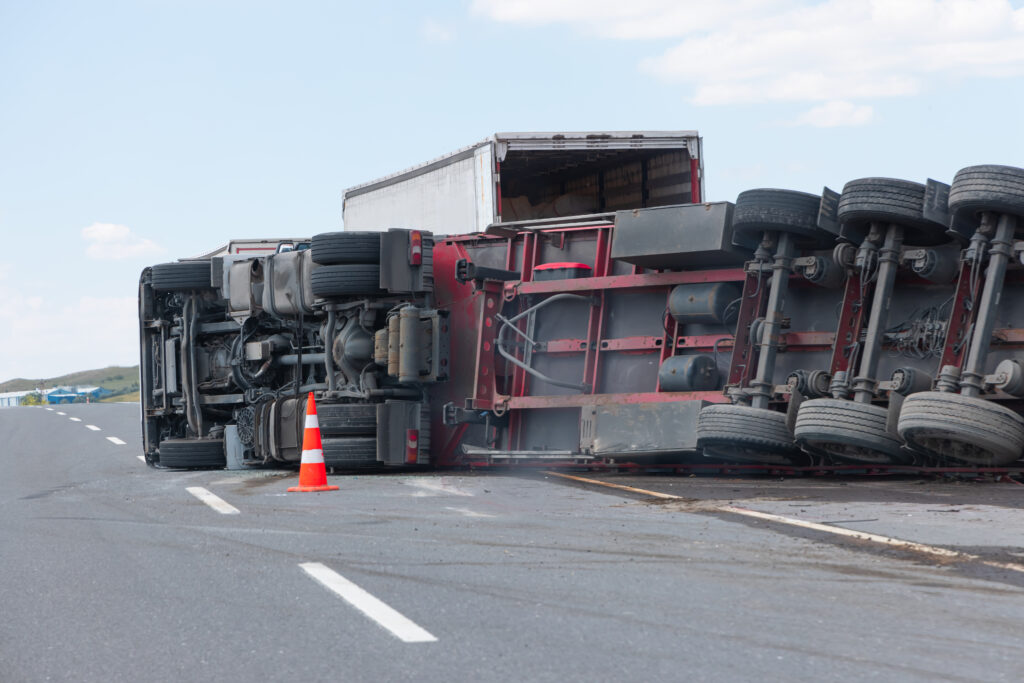
Fire trucks, vital for rapid emergency response, are frequently seen on roads, playing a crucial role in public safety. However, this necessary presence comes with inherent risks. When fire trucks are involved in accidents, the outcomes can be catastrophic, often leading to severe injuries or property damage. These incidents can cause physical harm and bring forth intricate legal issues, intertwining civil and criminal liability concerns that require careful navigation and understanding.
This article delves into the intricacies of these legal matters, providing an overview for those affected by such incidents.
The Nature Of Fire Truck Accidents
Fire truck accidents stand out due to their distinct characteristics. The substantial size of these vehicles, combined with the critical nature of their missions, sets them apart. In emergencies, fire trucks are required to move rapidly, often exceeding regular speed limits and maneuvering through congested traffic.
Sometimes, they may even bypass standard traffic regulations to expedite their response. While these actions are essential for timely life-saving interventions, they can significantly elevate the likelihood of collisions, posing heightened risks to other vehicles, pedestrians, and property in their path. These unique characteristics of fire truck accidents thus create complex legal challenges that are distinct from typical road accidents.
Legal Framework Governing Fire Truck Accidents
The legal landscape surrounding fire truck accidents is multifaceted. It involves a blend of traffic laws, civil liability principles, and, in some cases, criminal law. Understanding these laws is crucial for anyone involved in a fire truck accident, whether as a victim, a firefighter, or a legal professional.
For more detailed legal guidance, especially for victims of such incidents consulting a specialized legal firm like sadakafirm.com is advisable. They can offer specific advice tailored to the complexities of cases governing fire truck accidents.
Civil Liability In Fire Truck Accidents
In cases of civil liability concerning fire truck accidents, the principle of negligence plays a central role. This legal concept hinges on establishing that the involved truck driver or the fire department didn’t maintain the requisite level of care expected under the circumstances causing the accident. The determination of negligence involves several critical elements:
- Duty of Care: This element emphasizes the responsibility of firefighters and their departments to operate their vehicles with utmost safety. This duty remains crucial even during high-pressure situations like emergency responses, where quick action is necessary.
- Breach of Duty: Liability in civil cases often hinges on proving that this duty of care was violated. Actions such as excessive speeding beyond emergency necessities or disregarding crucial traffic signals can constitute a breach of duty and liability.
- Causation: Establishing causation is pivotal. It involves demonstrating a direct link between the breach of duty and the occurrence of the incident. This step is crucial in proving that the negligent action directly resulted in the accident.
- Damages: For a successful negligence claim, the victim must prove actual damages. These damages can range from physical injuries and emotional trauma to property damage and other financial losses. The claimant must provide evidence of these damages as a direct consequence of the accident.
In these accidents, each element must be carefully examined and proven for a civil liability claim to be successful. The process often requires thorough investigation and expert legal representation to navigate the complexities of such cases.
The Criminal Liability Aspects Of Fire Truck Accidents
While civil liability focuses on negligence, criminal liability in fire truck accidents arises from more severe misconduct. Such situations occur when a driver operates the fire truck under the influence of alcohol, drugs or demonstrates a blatant disregard for traffic safety norms and regulations. These actions represent a severe deviation from responsible conduct, often leading to grave consequences.
Moreover, the severity of the misconduct dictates the nature of the criminal charges, which can vary from misdemeanors to more serious felonies. The level of charges is directly influenced by the extent of recklessness involved and the degree of harm or injury caused by such actions. This aspect of criminal liability underscores the seriousness with which the law treats such infractions, especially given the potential for significant damage and harm in fire truck accidents.
Challenges In Proving Liability
Proving liability in fire truck accidents presents significant challenges. Firefighters, in the course of their duty responding to emergencies, are often afforded legal immunities. These immunities act as protective measures, recognizing the critical nature of their work, but they also complicate the process of establishing negligence in the event of an accident.
Additionally, the inherently chaotic nature of accidents complicates the collecting and preserving of vital evidence. This complexity underscores the importance of victims seeking legal assistance immediately. Immediate professional legal guidance is crucial in navigating these legal hurdles and building a solid case to establish liability. These challenges highlight the complexity of establishing liability in fire truck accidents, which underlines the need for comprehensive legal understanding in both civil and criminal cases.
Conclusion
Navigating the crossroads of civil and criminal liability in fire truck accidents requires an in-depth understanding of various legal principles. These accidents pose unique challenges due to the nature of emergency responses and the legal protections afforded to firefighters. By delving deeper into the abovementioned information, it becomes clear that the intersection of legal principles and public safety in fire truck accidents is a dynamic and complex field that requires legal assistance to navigate effectively.
